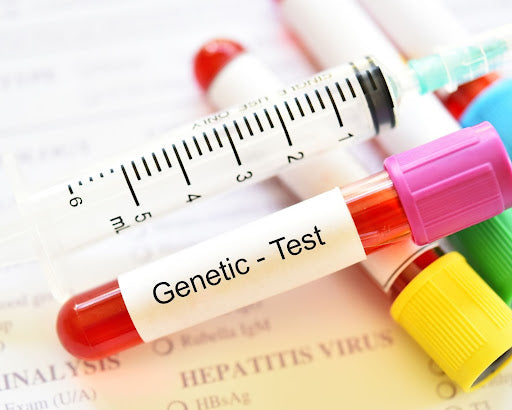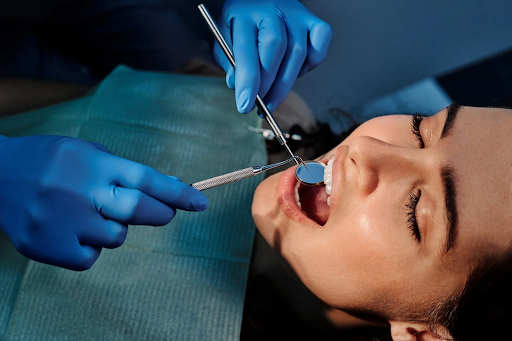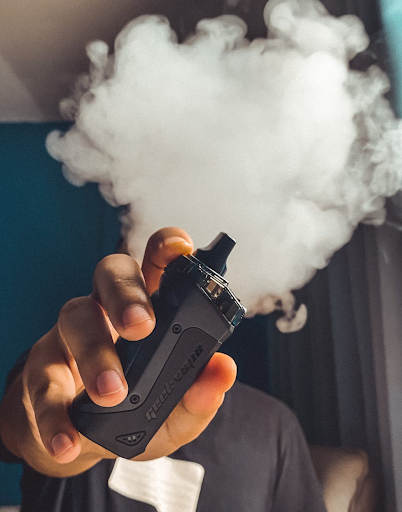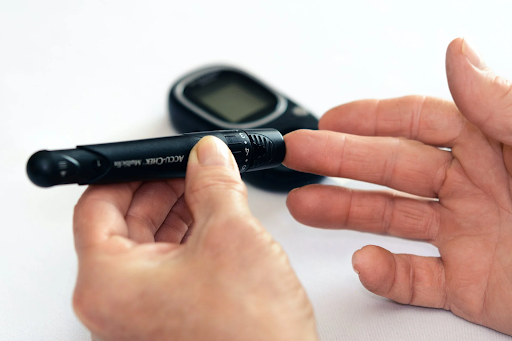Is Sleep Apnea Genetic Or Health Related?
One of the first things a doctor asks a patient to share at a doctor's appointment is their family health history. Certain health conditions are hereditary, which means that family members have a greater risk of also being diagnosed with the same condition. If a family member is diagnosed with sleep apnea, your patients may begin questioning whether or not sleep apnea is caused by genetics or health conditions. To provide individuals with peace of mind, ApneaMed has put together a quick resource explaining if sleep apnea is hereditary or caused by other health conditions. Is Sleep Apnea Hereditary? Obstructive...
How Dental Health Impacts Sleep Apnea
It’s no surprise that sleep apnea can wreak havoc on your health. When you’re feeling unrested and lethargic, it’s harder to find the motivation to exercise or eat healthy. While it’s common knowledge that sleep apnea can lead to health problems such as obesity, hypertension, heart disease, stroke, and more, its damaging effects on one’s oral health are often overlooked. When treating obstructive sleep apnea, the patient should also schedule an appointment with a dentist as well. A dentist with proper training and knowledge about sleep apnea can help diagnose problems with your mouth or jaw that may be causing...
Does Vaping Increase Sleep Apnea Risk?
When diagnosed with obstructive sleep apnea, most sleep physicians recommend that patients quit smoking for several reasons. Smoking increases the risk of health issues like heart disease, stroke, hypertension, and airway inflammation. Untreated sleep apnea also has a higher risk of these same health problems, meaning that an untreated sleep apnea patient who smokes has a much greater chance of experiencing these problems. Often, sleep apnea patients who are told to quit smoking switch over to vaping as an alternative. Is vaping as bad as smoking? Does vaping worsen the symptoms of sleep apnea? Follow along as ApneaMed walks you...
Why Sleep Apnea Is So Misunderstood
Although it is estimated that one in 15 adults in the United States has obstructive sleep apnea, it is a widely misunderstood sleep disorder. While people know sleep apnea makes it difficult for an individual to breathe throughout the night, they don’t realize the impact it can have on one’s health. To help you better understand what obstructive sleep apnea is and how it impacts those that are diagnosed, ApneaMed has put together a quick guide to the most common misconceptions about sleep apnea. What Is Sleep Apnea? In a recent study, it was found that 89% of respondents believed...
The Connection Between Sleep Apnea and Type 2 Diabetes
It’s often overlooked, but individuals diagnosed with type 2 diabetes are more susceptible to other health issues such as cardiovascular disease, nerve damage, hearing impairment, and more. People with diabetes are also more likely to be diagnosed with sleep apnea, which can exasperate their symptoms — especially because the individual’s sleep apnea often goes undiagnosed and untreated! Sleep apnea can cause a person with diabetes to experience more severe symptoms when left untreated, resulting in more significant health risks. Follow along as ApneaMed uncovers the connection between sleep apnea and type 2 diabetes to ensure your patients can successfully diagnose,...





